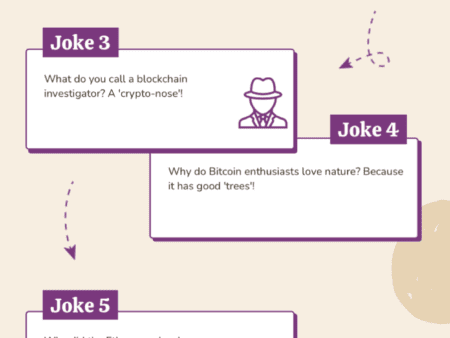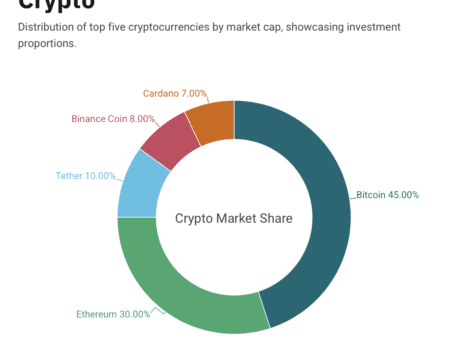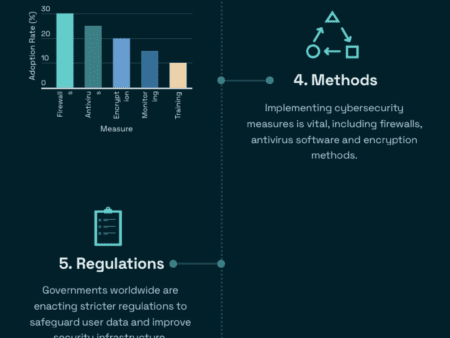In the modern digital age, privacy and security have become top priorities for internet users worldwide. With the increasing amount of personal information we share online, and the rise of cybercrime, the need for online security tools has never been greater. Among these tools, Virtual Private Networks (VPNs) stand out as one of the most important. But what exactly is a VPN, and why should you use one? In this blog post, we will explore what a VPN is, how it works, its benefits, and why you should consider using one for your online activities.
What is a VPN?
A VPN, or Virtual Private Network, is a service that creates a secure, encrypted connection between your device and the internet. Think of it as a tunnel that keeps your data safe while traveling between your device and the websites you visit. When you use a VPN, all of your internet traffic is routed through a private server instead of directly connecting to the websites you’re visiting. This process hides your IP address and encrypts your data, ensuring that no one can track your online activity.
VPNs are commonly used to protect sensitive data when using public networks, like Wi-Fi in cafes, airports, or hotels. They can also help bypass geographical restrictions on content, such as streaming services that limit access based on your location.
How Does a VPN Work?
A VPN works by creating an encrypted “tunnel” between your device and the VPN server. This tunnel ensures that any data transmitted between your device and the internet is secure and unreadable to anyone who might be intercepting it. Here’s a more detailed look at how a VPN works:
- Encryption: When you connect to a VPN, it encrypts your internet traffic. This encryption ensures that anyone who intercepts your data can’t read it. Encryption algorithms use a “key” that only the VPN server and your device know, making it virtually impossible for hackers to decode your traffic.
- IP Address Masking: Your IP address is essentially your digital address. It’s how websites and services identify where you are in the world. When you use a VPN, your IP address is replaced by the IP address of the VPN server. This makes it look like you’re browsing from a different location, enhancing your privacy and anonymity online.
- Secure Connection: VPNs protect your data even when you’re using a public Wi-Fi network. Public Wi-Fi networks are often unsecured, meaning hackers can easily intercept your data. A VPN ensures that your data is encrypted, even if you’re on a public network, preventing malicious actors from gaining access to your sensitive information.
Why Should You Use a VPN?
Now that we know how VPNs work, let’s explore why you should consider using one. There are several key benefits that a VPN can offer:
1. Enhanced Privacy and Anonymity
When you browse the internet without a VPN, your IP address is exposed to websites and online services. This allows them to track your browsing habits, gather data about you, and show you targeted ads based on your behavior. By using a VPN, your IP address is hidden, making it harder for websites and third parties to track your activity online.
Moreover, VPNs can help protect you from ISPs (Internet Service Providers) who may be monitoring your browsing activity. In some regions, ISPs are required by law to track your online activity and may even sell this information to advertisers. A VPN ensures that your data is encrypted and prevents your ISP from seeing what you’re doing online.
2. Bypass Geo-Restrictions
One of the most popular reasons for using a VPN is to bypass geographical restrictions on content. Many streaming services like Netflix, Hulu, BBC iPlayer, and others limit access to their content based on the user’s location. This is known as geo-blocking. For example, Netflix offers different content libraries depending on where you are in the world.
With a VPN, you can connect to a server in a country where the content is available, effectively tricking the streaming service into thinking you’re in that location. This allows you to access content that may otherwise be unavailable in your region.
3. Secure Public Wi-Fi Usage
Public Wi-Fi networks, such as those found in coffee shops, airports, or hotels, are often unsecured and can be a target for cybercriminals. Without a VPN, your personal information, such as passwords, credit card details, and emails, could be intercepted by malicious actors on the same network.
A VPN encrypts your data, even on public Wi-Fi, ensuring that your sensitive information is safe from hackers. This is especially important if you frequently access sensitive accounts or make online purchases while traveling.
4. Prevent Bandwidth Throttling
Some ISPs engage in bandwidth throttling, which means they intentionally slow down your internet connection based on your online activities. For instance, if you’re streaming video or gaming online, your ISP may reduce your speeds to avoid congestion on their network.
A VPN can prevent this throttling by masking your online activities. Since your ISP cannot see what you’re doing, they cannot intentionally slow down your connection based on your usage.
5. Access to Censorship-Free Content
In some countries, governments impose heavy censorship on the internet, blocking access to certain websites or social media platforms. If you’re living in or traveling to a country with internet censorship, a VPN can help you bypass these restrictions. By connecting to a VPN server in a different country, you can access the unrestricted internet and browse freely.
6. Safe Online Banking and Shopping
When conducting online banking or making purchases, security is a major concern. Without a VPN, your sensitive financial data is vulnerable to interception by hackers. A VPN provides an extra layer of security, ensuring that your financial transactions are encrypted and your personal data is protected.
Are VPNs Completely Foolproof?
While VPNs provide a high level of security and privacy, they are not infallible. There are some limitations to be aware of:
- VPN Trustworthiness: Not all VPN services are equal. Some free VPNs might log your data, sell it to advertisers, or provide weak encryption. It’s essential to choose a reputable VPN provider with a solid privacy policy and good security features.
- Connection Speed: Using a VPN can sometimes slow down your internet connection, especially if you’re connecting to a server far away or if the VPN service is not well optimized. However, many premium VPN providers offer high-speed servers that minimize this impact.
- Not a Complete Solution: While VPNs offer excellent privacy and security benefits, they cannot protect against all online threats. You still need to be cautious about phishing attacks, malware, and other forms of cybercrime. Using a VPN should be part of a broader strategy for staying safe online.
In an age where online security threats are ever-present, using a VPN is one of the most effective ways to protect your privacy, secure your data, and access the content you want without restrictions. By encrypting your internet connection and masking your IP address, a VPN offers enhanced privacy and anonymity, while also helping you bypass geo-blocking and access content from around the world.
When choosing a VPN, it’s crucial to consider factors such as encryption strength, server locations, speed, and the provider’s privacy policy. Whether you’re concerned about protecting sensitive information on public Wi-Fi, avoiding censorship, or simply maintaining your privacy while browsing, a VPN can be an invaluable tool for navigating the online world securely.
If your looking into trying out a VPN then we reccomend SurfShark check it out and give it a go!













